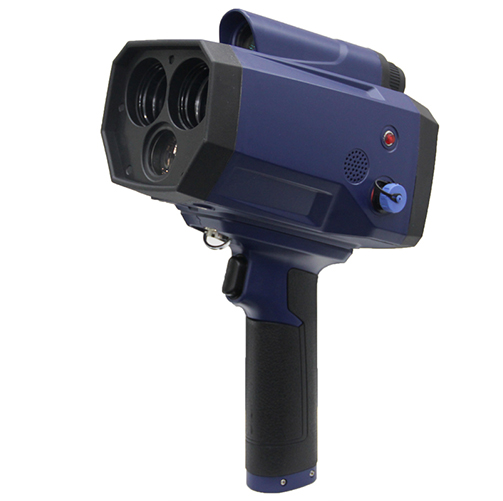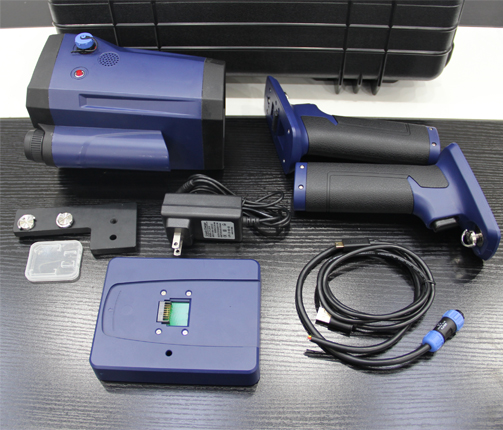Handheld speedometers are generally accurate in measuring speed, but their accuracy can be affected by a variety of factors.
Handheld speedometers, such as handheld radar speedometers, use radar technology to quickly measure the speed of the object being measured. They calculate speed by sending short pulse signals to the object being measured and capturing the returning echo signal. This technology is widely used in occasions such as highway enforcement and sports game timing. Mobile speedometers used by traffic police are also specially designed and calibrated to ensure accuracy and reliability of speed measurement, and are regularly maintained and calibrated to maintain stable performance.

However, the accuracy of handheld speedometers is not absolute and can be affected by a variety of factors:
Equipment error: The accuracy of the handheld speedometer itself may have a certain error, which is caused by various factors in the manufacturing process of the equipment.
Environmental factors: Environmental factors such as strong light, strong winds, or multiple objects in the same measurement range may affect the measurement results. Weather conditions are also one of the important factors affecting the accuracy of speed measurement.

Operation method: The way the speedometer is used, including the operator's technical level and whether the correct operating procedures are followed, will affect the accuracy of the speed measurement results.
Despite these influencing factors, handheld speedometers can still provide relatively accurate speed measurement results under normal circumstances. If you have any questions about the speed measurement results, you can seek answers by consulting the relevant department or applying for retesting. At the same time, in order to ensure the accuracy of the speed measurement, the operator needs to follow the correct operating procedures and use the speedometer in a suitable environment.


